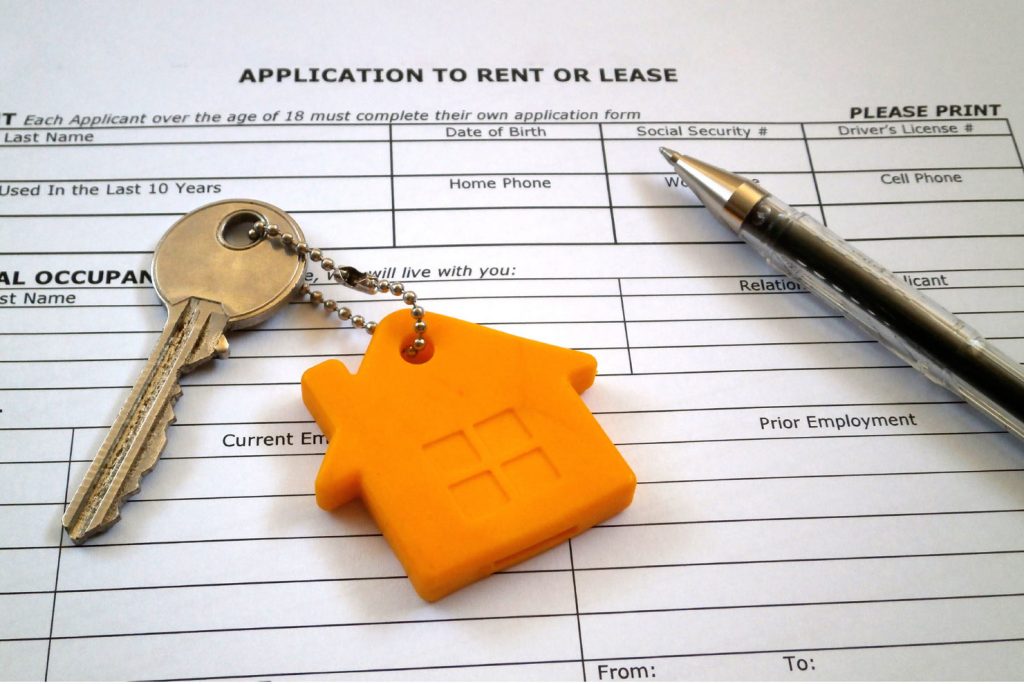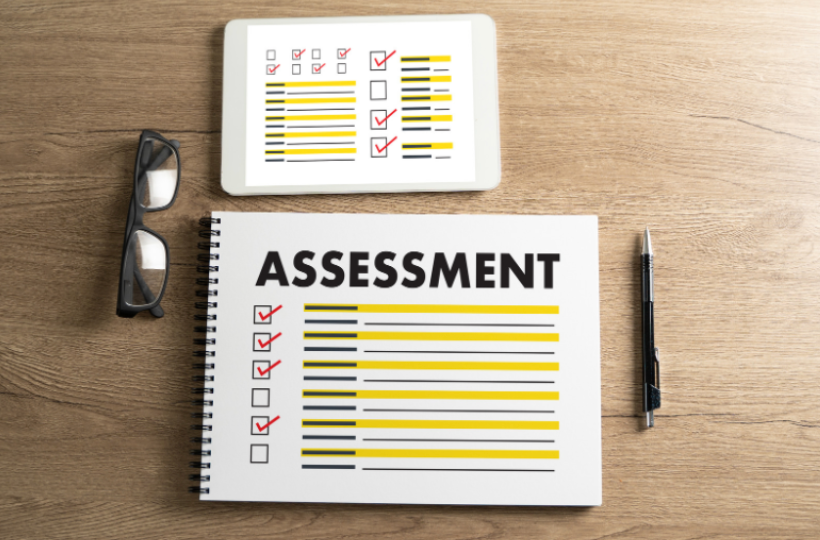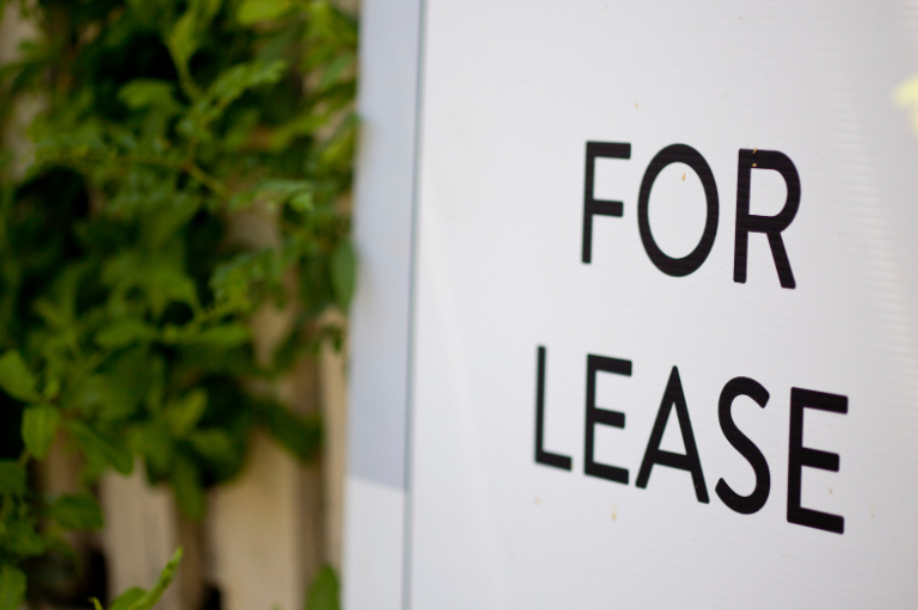
A landlord’s goal is to get the highest return on their investment. For some- about 25%, this includes cutting back on agent fees and braving the process independently.
But for the majority, having an agent is absolutely essential. Why is this and how do you decide?
It starts by looking at all the things agents do and asking yourself if you have the expertise and time to manage them.This includes preparing your place for rent, sorting out legalities and finally, managing your property.
Keep in mind that an experienced agent will have the professional experience and insight that the average person will not have.
That said, let’s run through some of these specific responsibilities in detail.
1. Advertising
Agents help with marketing the property for you. While you can do this yourself, an experienced agent will be able to assess the best way to advertise a particular property for your target audience saving you both time and effort. This includes employing the latest methods like 3D tours, professional photography, using social media and producing quality copy.
2. Inspections and screening tenants
Another thing they do is run inspections for potential tenants. This includes assisting you in the process of setting up the rental to be its best before conducting the actual viewings. For one, you won’t have to give up your weekends to do this and it is helpful to have them weigh in on the different applicants in the screening process.

Screening is an important part of the rental process and an insightful property manager will point out things you may have missed. They will also run reference checks and have access to the National Tenancy Database to screen for red flags. All this to ensure you have all the information you need as you decide on your ideal tenant.
3. Property inspections and maintenance
We often think that once a property is rented out, the hard work is done. That’s not completely true. To ensure that your asset is protected and preserved in good condition, your property manager will run timely inspections. At CT Real Estate, our agents are trained to go through the rental with a keen eye to assess if anything needs attention. Your asset is our priority and we believe in taking preventative measures before things get bad.
4. Maintenance
We have heard of scenarios where landlords get calls day and night regarding a plumbing issue that needs fixing. It can be very stressful having to organize maintenance and repair for your unit when you have a busy job and no time to spare.

With an agent, you won’t have to deal with any of this. Tenants will go straight to your agent who has the best contacts for the job anyway and who will then ensure that the job is completed well.
5. Rent collection and tax
Timely rent collection is every landlord’s hope. A conscientious agent will see to it that tenants are paying their rent on time. In the case where rent isn’t forthcoming, your agent will have the strategies to handle the situation including enforcing lease policies if necessary.
But that’s not all. CT Real Estate agents go the extra mile by providing the documents you will need to help when tax time comes. This includes consolidating bills, rental statements, yearly invoices- all for your convenience.
6. Legal matters
When it comes to renting out your property, you want to be clear of the legal terms. A dedicated property manager will carefully explain policies specific to your situation including aspects like subletting and rental rates to empower you to make strong choices regarding your investment.They will also pay careful attention to details like ensuring that the tenancy agreement is completed accurately.
7. Advice
Experienced agents who know their work well will be able to advise you throughout the process. Honestly, some sound advice at critical periods can really affect the outcomes of your investment and your overall rental experience.
From how to price your rental, to choosing your tenants and what kind of repairs to make, an exceptional property manager will have the expertise to help you make better decisions. In the long run, this is reflected in increased financial gain and overall satisfaction.
It’s evident that for many, the benefits of having an agent far outweigh the costs. The gains aren’t just financial- they include having more time for yourself and overall peace of mind.
If you would like to find out more about the services property managers offer, speak to one of our experienced agents at CT Real Estate today. We’d love to help.









